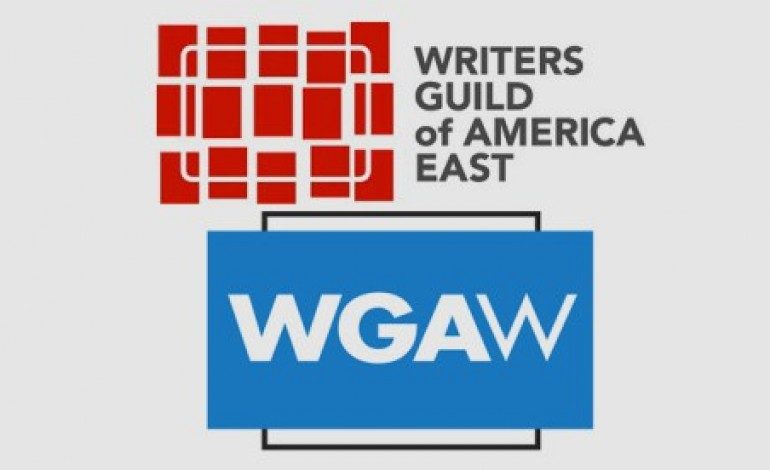

On May 1, the current Writers Guild of America contract expires with the Alliance of Motion Picture and Television Producers. The members of the two branches of the guild, the Writers Guild of America East and the Writers Guild of America West, have already said they’re prepared to strike starting on May 2 if a new contract hasn’t been agreed upon.
Variety has reported that talks between the WGA and the AMPTP have been suspended for the next week. The talks will resume on Apr. 25, which is a day after the WGA will have finished voting on a strike authorization. With the talks resuming later than initially expected, it gives the two groups only four business days to work out a new contract before the current contract expires on May 1 and the strike begins the following day.
One of the concerns of the WGA is healthcare for the members of the guild.The WGA is asking for higher employment contribution to the health plan, which is starting to run out of money. But the biggest concern for members of the WGA is proper compensation for low-level writers of shows that have shorter run seasons (shows that run less than 22 episodes per season).
To counteract shorter run seasons, the WGA is currently asking for higher compensation on shows that take more than two weeks for an episode, which is mostly happening on cable networks and streaming sites, though broadcast isn’t entirely immune from this either. The most recent deal put on the table, which was rejected by the WGA, made some headway in better payment for lower level writers, but didn’t completely address the full issue. Basically, it would have meant that lower and middle level writers would have been writing episodes for longer periods of time and would be getting paid less for them.
The negotiations were suspended on Monday after the AMPTP felt that the WGA was wanting to hold out until their strike authorization vote concluded. The authorization vote starts tomorrow, Apr. 19, and goes until Apr. 24. The following day is when negotiations between the WGA and the AMPTP resume.
Part of the reason that the AMPTP may be reluctant to give in on some of these issues is that they’re also approaching a new contract negotiation with the Screen Actors Guild-American Federation of Television and Radio Artists, which has the current contract ending on June 30. Anything that the AMPTP agrees to with the WGA could affect negotiations with SAG-AFTRA and could affect future negotiations with the Directors Guild of America, which reached a new agreement back in December.
If a new contract isn’t reached by May 1 and the WGA has enough “yes” votes for a strike, it could potentially disrupt the 2017-2018 television season, which happened in the 1988 strike, and would definitely put a damper on the broadcast upfronts presentations, where network executives talk with advertisers about what went well on their networks and get the majority of their advertising money for the upcoming television season.
